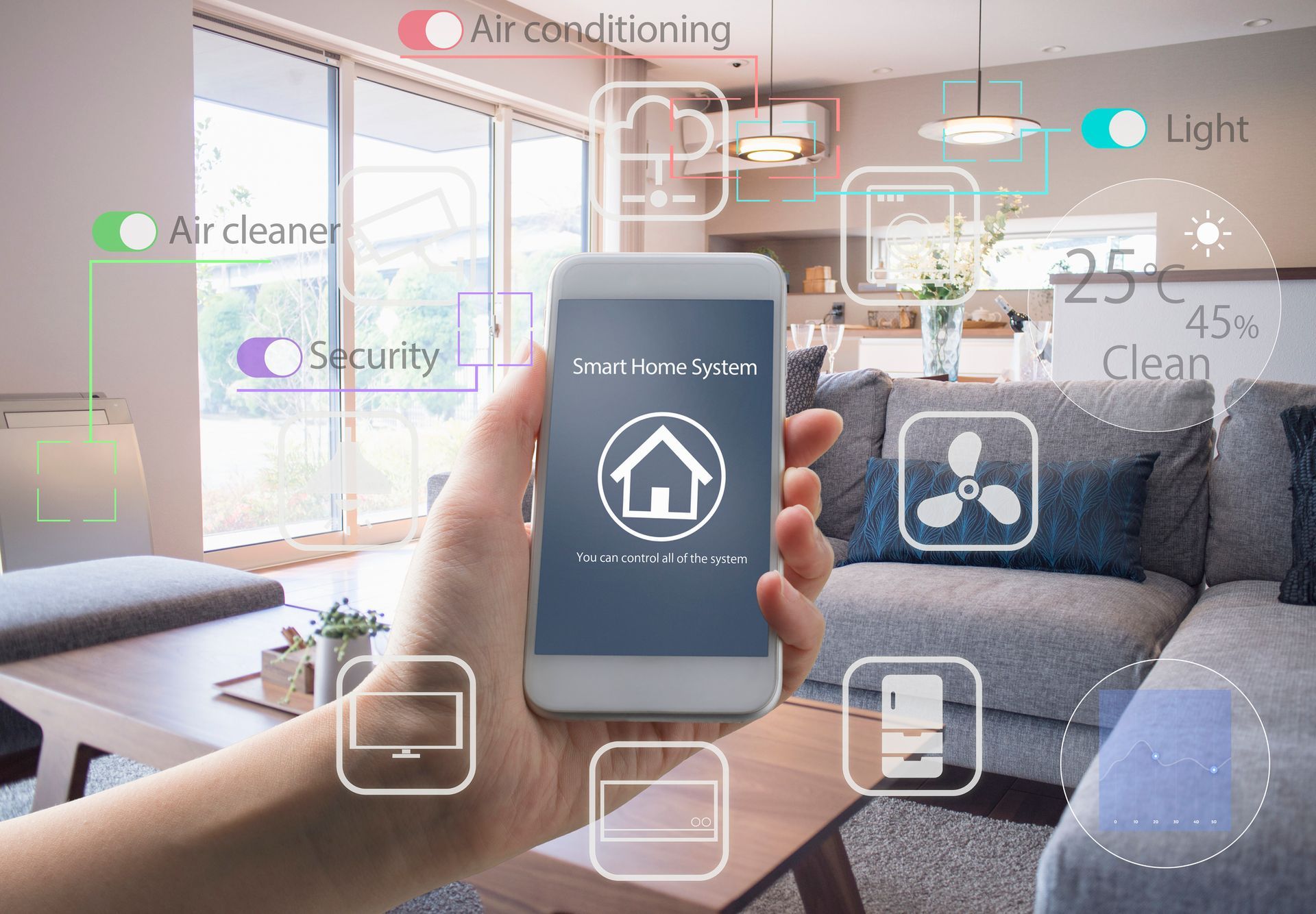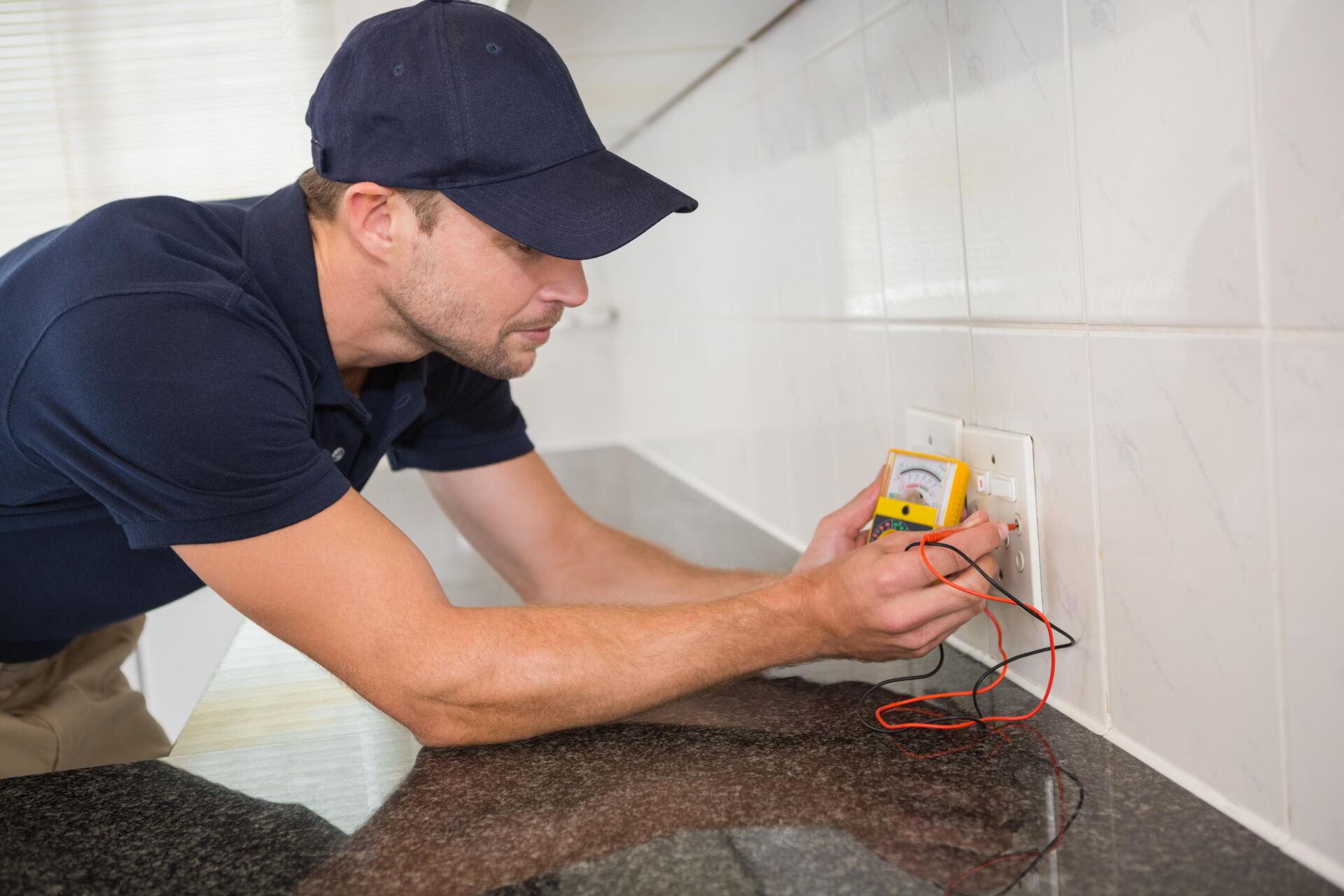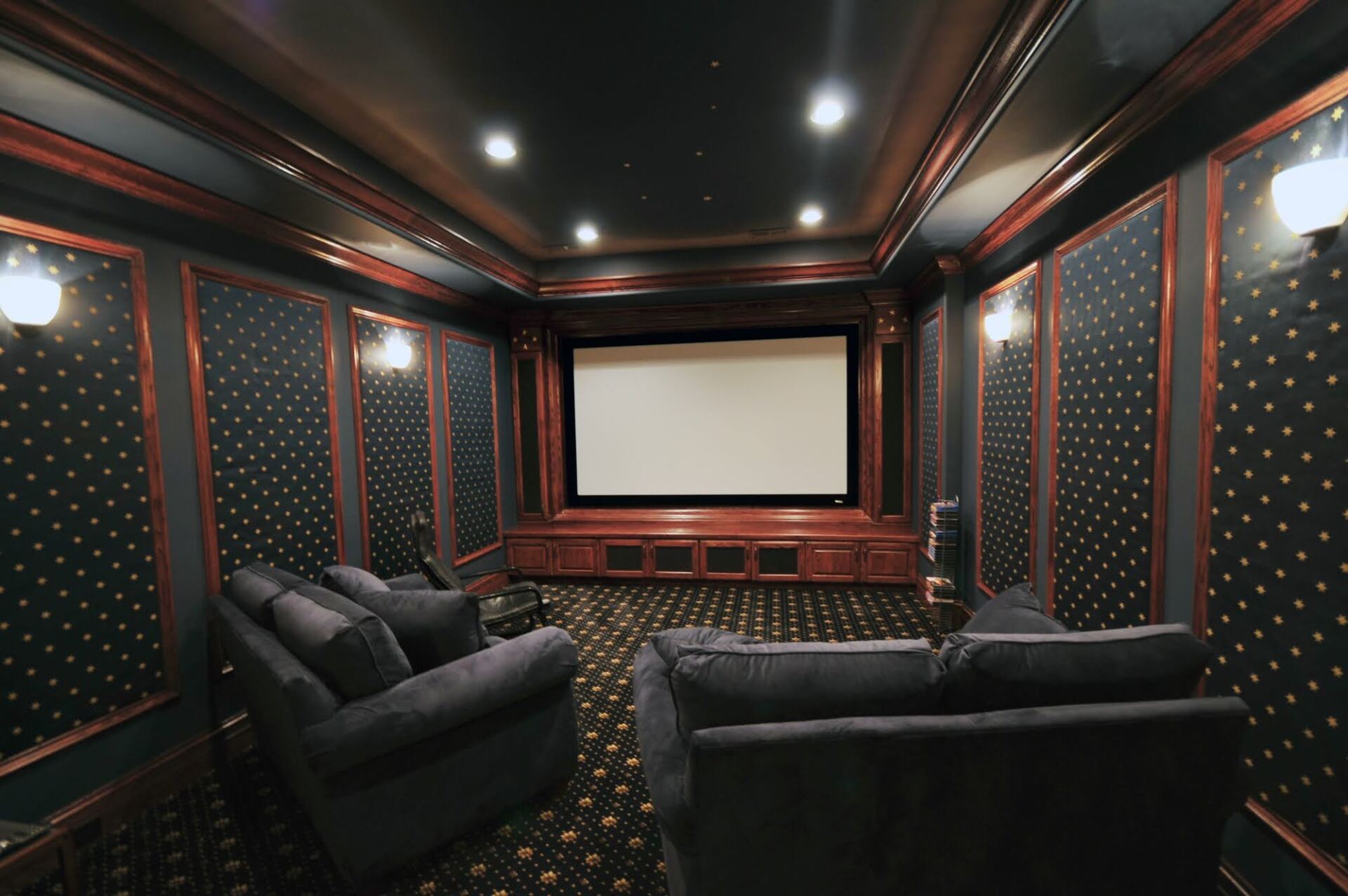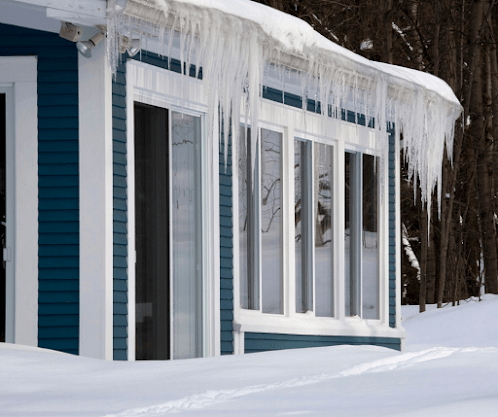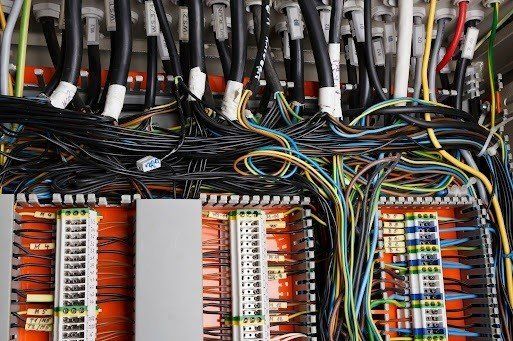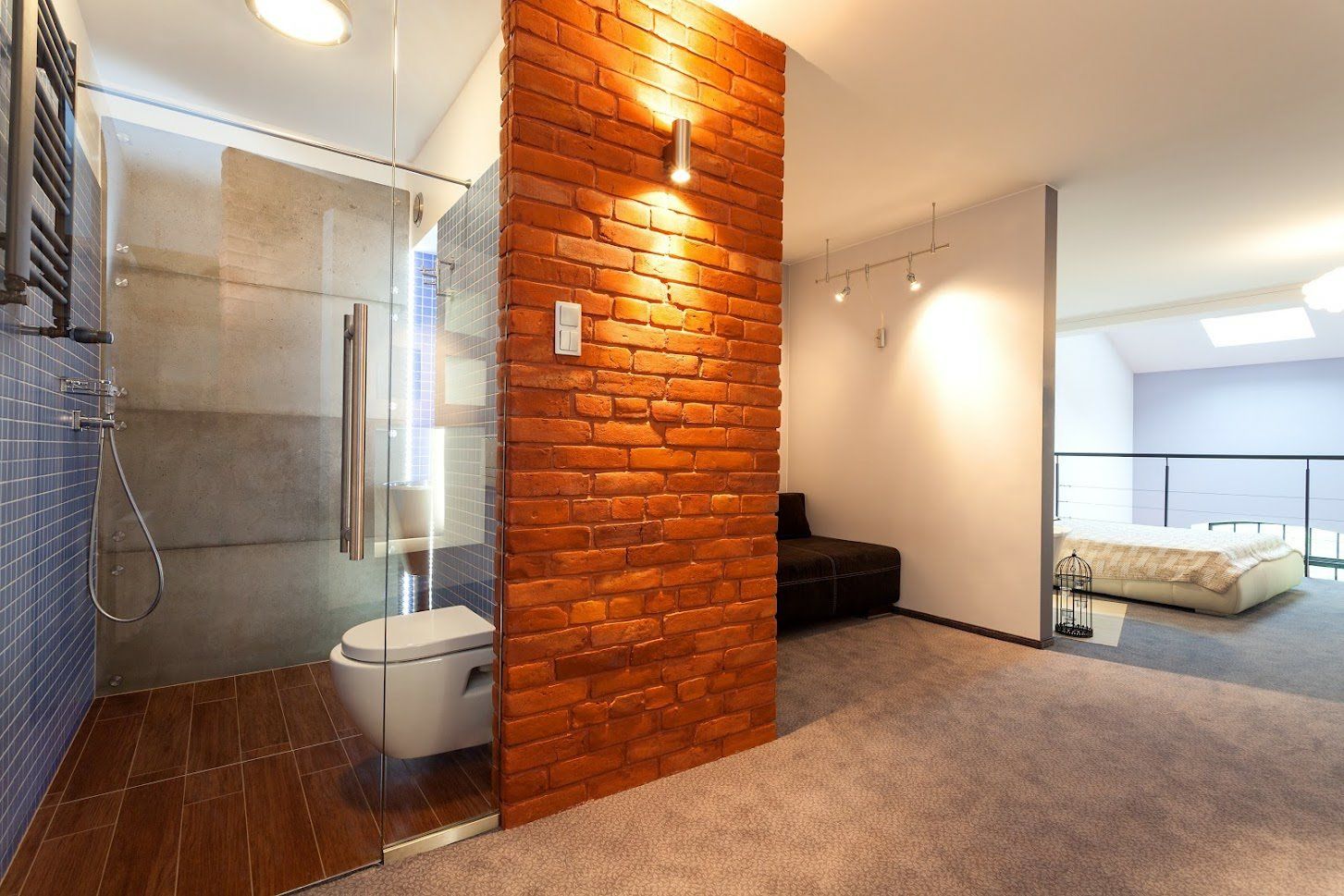Conducting an Electrical Inspection Before Purchasing a House
Buying a house is a significant financial investment. When purchasing your home, you should ensure that the building is safe and in good condition, especially if it is for immediate occupation.
The house's electrical system is one major component to look out for before buying any new or old building. You must ensure that the home's electrical system meets the required local standards as well as the National Electrical Code (NEC) standards.
The best way to do this is by carrying out an electrical inspection of the house. Below are some things you should know about an electrical inspection before signing the sale agreement of your new home.
What Does an Electrical Inspection Involve?
An electrical inspection is a thorough assessment of a building's electrical system, including the electrical wiring and wire quality and conditions, all systems that rely on electricity within the house, and all electric appliances in the home.
The electrical inspection can be part of the overall building inspection or a separate inspection on its own. For the building you want to purchase, you may want to consider an independent and more thorough electrical inspection. Ensure a certified and experienced electrical contractor conducts the electrical inspection for you.
What Components of an Electrical System Will the Inspection Cover?
Although the electrical contractor will inspect the entire system, there are specific components whose review is crucial, as discussed below.
Circuit Breakers
The circuit breaker or fuse box is the heart of the building's electrical system since the circuit breaker interrupts current flow when there is an overcurrent. After the last circuit breaker in a circuit, a branch circuit emanates from the fuse box and ensures the entire house receives electricity. The circuit breaker should therefore be appropriately wired and have suitably sized fuses.
Electrical Wires
The inspector will assess the quality of the electrical wires used throughout the house, as most electrical wires have a shelf life and may incur damage over time. The inspector will point out rusted or poor-quality wires. The inspector will also ensure the house's wiring is safely done and without electrical obstruction or danger.
Electrical Appliances
In older buildings, it is common for electrical appliances to be out of shape or outdated. The electrical contractor will advise on the best technology to ensure efficient use of electrical energy. The electrical contractor will also inspect appliances such as HVAC systems, smoke alarms, and built-in kitchen appliances.
Electrical Outlets
During the inspection, the electrical contractor will ensure that all electrical outlets, including sockets, are in good working condition. The electrical contractor will also inspect any outlets for physical defects such as cracks, hanging wires, or missing screws.
What Are the Benefits of an Electrical Inspection Before Purchase?
An electrical inspection can save you money. The inspection provides a negotiating ground between you as the buyer and the seller of the house. If many things need fixing or replacing, you can negotiate with the seller to deduct this from the final purchasing cost of the house.
An electrical review will give you peace of mind. You will go to bed each night knowing that the electrical system in your house is working correctly, with minimal chance of electrical accidents or even fires caused by an electrical malfunction.
Prevention is better than cure. An electrical inspection will allow you to plan and deal with all impending electrical repairs rather than waiting for a case in which electrical systems and appliances break down one after the other soon after you move into your new house.
Before purchasing a home, seek the advice of an electrical contractor, especially an older home, as it might save you time, money, and stress. Contact us at Central Electric today for all your electrical inspection needs.



